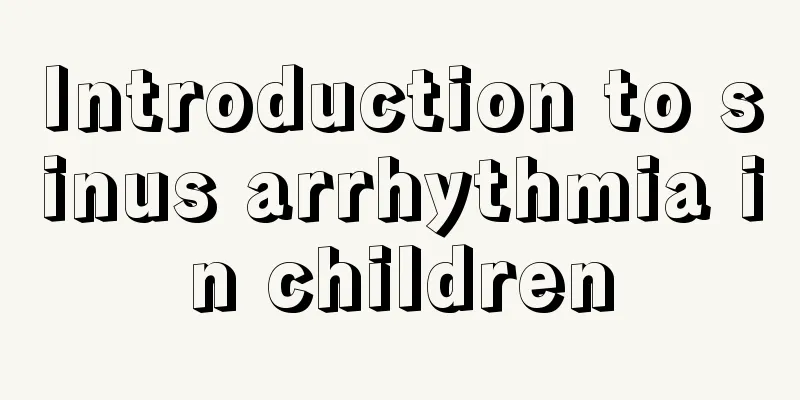What to do if your child can't recite the book

|
Nowadays, there are often requirements for memorization, but when parents check their children, they find that their children can’t remember it at all, or that they are not fluent when reciting, which makes them anxious. What is more worrying is that it is not that the children are not paying attention or do not spend time, but that they cannot remember after spending time. In fact, memorizing cannot be done by rote. It still requires skills. First of all, the child must understand the content of the article. Then he needs to read it out loud instead of keeping it in his heart. Finally, it is necessary to make good use of time and memorize repeatedly. Mind map: Draw a mind map based on known knowledge and fill in the missing knowledge points. This kind of mind map helps with systematic memory and avoids omissions, as well as the distinction between levels and the interrelationships between knowledge points. Suitable for large module memory and thematic memory. Understand memory: first understand the content of memory, why it is like this and why it should be like this. In the process of understanding, deepen the memory. Formulas and theorems in science, knowledge of geography and history, etc. are all suitable to be understood first and then memorized. Associative memory: find related relationships, similar and opposite people, times, places, time, etc., connect them together to deepen memory. This type of memory is suitable for simple content memory such as English words and geographical terms. Sensory memory: Like learning, memory is also divided into "visual, auditory, tactile" and other types. Find your own memory type. If you are auditory, you should listen and read more; if you are visual, you should read more text, use cards, pictures and other aids to memory; if you are tactile, you should do more hands-on work and design scenes. After memorizing, you must also avoid forgetting. To avoid forgetting, one should classify and organize the memory contents. Their organized existence can make them easier to store for a long time. The second is to use the "forgetting curve" to review and recall memories before forgetting. The third is to apply them. Only by using the remembered knowledge can it be internalized and absorbed and firmly rooted in the brain. When reciting (memorizing words, attending classes, etc.), you must coordinate your eyes, brain, hands, and ears. Watch (listen), think, and write and draw with a pen (don't write everything, just the key points). This will help you concentrate your attention. The more focused you are, the more efficient you will be in doing things (reciting). This point is combined with the key words of the second point: having a framework and having a basis to rely on. |
<<: What subject is not allowed for children to pass in pronunciation?
>>: Why are baby's palms wet when he has a fever?
Recommend
What to do if your child has vomiting and diarrhea
Regardless of the season, vomiting and diarrhea a...
Chickenpox in children
Chickenpox is a highly contagious skin disease ca...
Can a three-year-old child drink milk regularly?
During the process of growth and development, chi...
One and a half year old baby always crying
It is inevitable for babies to cry as they grow u...
How to treat black spots on the white of baby's eye
The problem of black spots on the whites of babie...
What are the diagnostic criteria for hypertension in children?
What are the diagnostic criteria for childhood hy...
Dry skin on two month old baby
Babies around two months old are in a critical pe...
Can children eat grapefruit when they have diarrhea?
I believe that for many parents, in addition to p...
Is a breast pump useful?
Maybe many people don’t know much about breast pu...
Dangers of tooth extraction in children
Many children like to eat sweets. They eat too mu...
What are the symptoms of night terrors in children?
Children's night terrors are a very common sl...
Are febrile seizures serious?
Convulsion is still a very dangerous disease for ...
What is hydrocephalus in children
Children's physical health is an issue that p...
How to treat bronchial asthma in children?
Children will always suffer from various diseases...
Is hemolytic jaundice easy to treat?
For newborn babies, jaundice is very common, but ...









